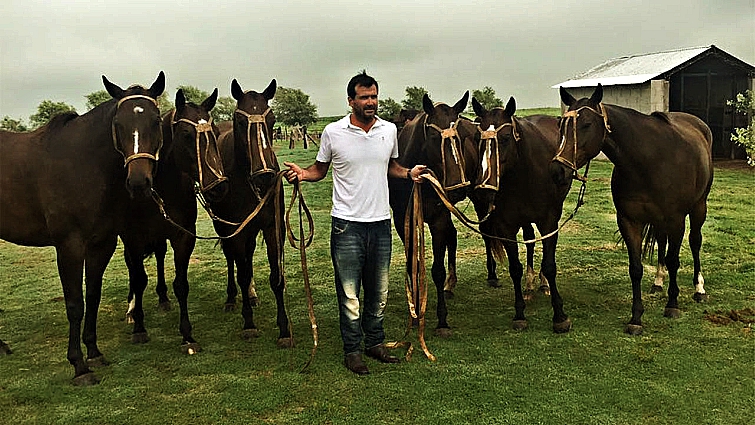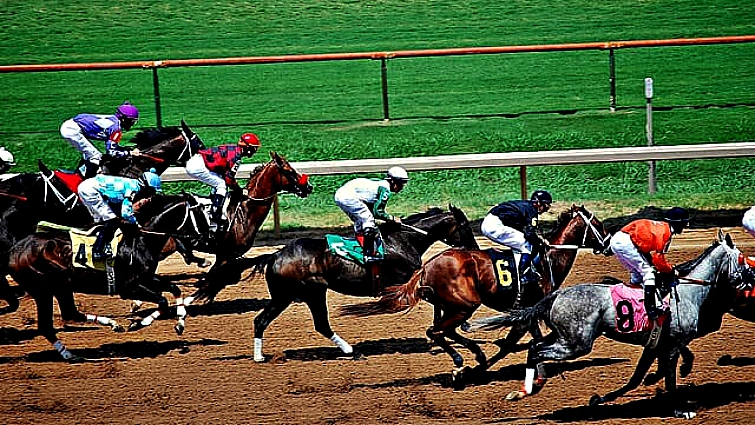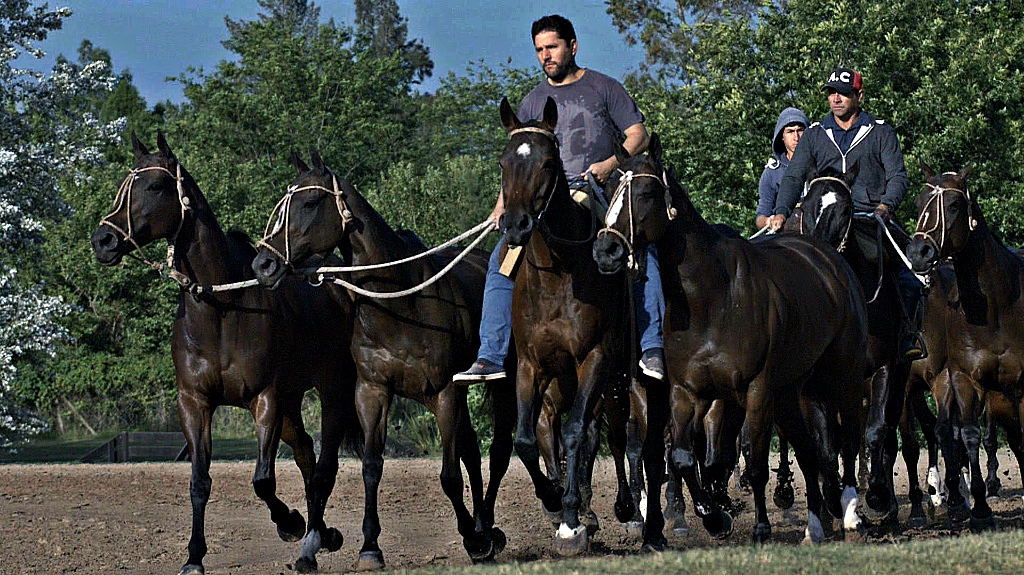There has always been a debate if cloning an animal is ethical. A few years ago people talked about it like it was science fiction but nowadays there are various hundred horse clones by scientists all around the world eating, breeding, and racing in various competitions. It’s a real thing and horse organizations and federations have different opinions and practices about whether or not clones can compete or register with the breed. In this article, we thought of answering the most common questions anyone has about horse cloning.


Is Horse cloning expensive?
Scientists say that it costs about $150,000 to clone a horse. It may seem expensive but For people who breed horses who are worth millions of dollars, $150k for the genes of a competitive horse is well worth the price.


Can you register clones in different associations?
Many horse associations prohibit the registration of clones, including the American Quarter Horse Association, because they don’t do anything to improve the breed.


How successful is the process of cloning a horse?
The success rate is just about 12%. A dozen embryos have to be created and three or four broodmares must be conceived to guarantee the successful birth of one clone.


Are the cloned equines growing normally?
Several experts insist that at least 5% and as many as 50% of all clone foals undergo birth defects.


Which sports favorites cloning more?
The sport of polo has constantly been in favor of advanced reproductive technologies since most polo ponies are mares and can’t be bred naturally until after they’ve retired. For many years, most polo horse breeding has been done via embryo transfer. Cloning just adds promised good genes to this process.


